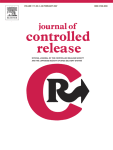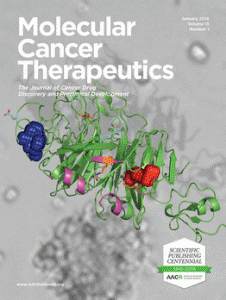
A paper on nanoparticles that target cancer cells has been retracted for duplicating figures from three other papers.
The articles all share a first author: Manasmita Das, based at the time of the research at the Indian Institute of Technology Kharagpur and the National Institute of Pharmaceutical Education and Research (NIPER). According to her LinkedIn profile, she is currently a postdoc at the University of North Carolina.
The abstract of the 2011 Bioconjugate Chemistry paper explains just what the new nanoparticles would be useful for:
Multifunctional nanoparticles, developed in the course of the study, could selectively target and induce apoptosis to folate-receptor (FR) overexpressing cancer cells with enhanced efficacy as compared to the free drug. In addition, the dual optical and magnetic properties of the synthesized nanoparticles aided in the real-time tracking of their intracellular pathways also as apoptotic events through dual fluorescence and MR-based imaging.
But according to the retraction note, figure duplications “seriously undermine the conclusions presented in the research article.” Here’s more about the source of those duplications from the full note: Continue reading Journal retracts nanoparticles paper for duplicating figures










